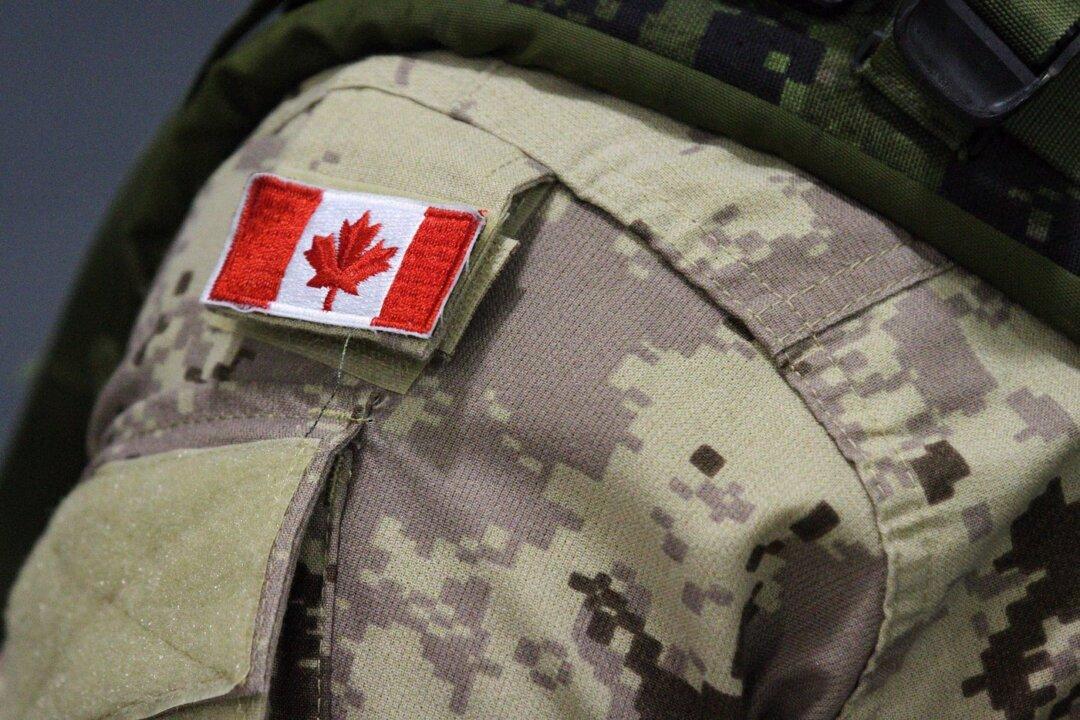The Crown is asking the Federal Court to dismiss a class-action lawsuit by Canadian Armed Forces (CAF) members who say they were harmed by the COVID-19 vaccine mandates, arguing the claims are insufficient and there are adequate alternative remedies for the plaintiffs.
“We’re not talking about the individuals or what they’ve gone through,” said government lawyer Barry Benkendorf. “We’re talking about the legal impact of their action in terms of it being frivolous, which means that there’s not a legal basis for it, and if we proceeded to trial, it would not be successful.”





